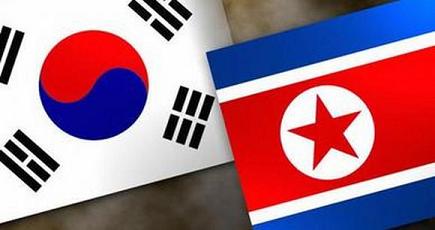North and South Korea sat down to rare, high-level talks Friday, with each side looking to squeeze concessions from the other on stalled cross-border programs in which both their leaders have a political stake.
North and South Korea sat down to rare, high-level talks Friday, with each side looking to squeeze concessions from the other on stalled cross-border programs in which both their leaders have a political stake.
The vice minister-level dialogue, held in the Kaesong joint industrial zone on the North Korean side of the border, was the fruit of crisis talks in August to ease sky-high military tensions on the divided peninsula.
The last such sit-down, with the mandate to discuss a range of inter-Korean issues, took place nearly two years ago.
"The outcome this time could have a significant impact on the path the overall inter-Korea relationship takes next year," said Cheong Seong-Chang, an analyst at the Sejong Institute think tank in Seoul.
Although any talks between the two Koreas are welcomed as a positive step, precedent suggests any significant breakthrough is unlikely.
Efforts to establish a regular dialogue have tended to falter rapidly after an initial meeting -- a reflection of the deep mistrust between two countries that have remained technically at war since the end of the 1950-53 Korean conflict.
Heading the South's side at Friday's talks was Hwang Boo-Gi, deputy head of Seoul's Unification Ministry, which handles cross-border affairs. His counterpart was Jon Jong-Su, a vice director of the North's Committee for the Peaceful Reunification of Korea.